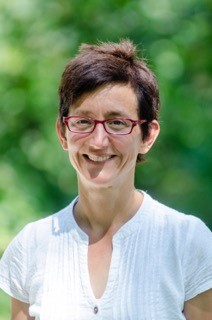
“Teachers care…But us kids got to help them”: Imagining and enacting equitably consequential teaching and learning in dehumanizing times
Preparing teachers to meet the needs of diverse learners in increasingly inequitable contexts remains a paramount challenge in education. This concern is amplified by the fact that most public school students are growing up in communities and under conditions far different from most of our nation’s teachers. This is not a new problem, but it remains intractable. In this seminar, I argue that for teachers to do their best work, especially in classrooms serving youth historically marginalized in schooling and society, they need tools and support to understand and enact teaching as an equitably consequential practice. In my work in science education, I use the term “equitably consequential” to call attention to how teaching and learning is (or ought to be) a) rooted in the history and geographies of young people’s lives in ways that b) support rigorous engagement with and connections among disciplinary knowledge/practice, community, and broader social issues in pursuit of c) transformative individual and systemic outcomes. These outcomes include, but expand beyond, disciplinary learning/engagement, such as critical agency and shifting power dynamics. This stance builds on, but advances, work on ambitious teaching by pushing beyond the focus on individual learners to also address how systemic injustices intersect with classroom practice. I will present cases from my collaborative research with teachers and youth in historically-marginalized urban communities as we sought to understand and disrupt the political and structural continuities that shape life in science classrooms, and envision ways to transform them towards more powerful teaching and learning. In sharing cases I hope to present both insights and dilemmas regarding what an equitably consequential teaching practice might look like and its possibilities among teachers and students. I also discuss implications of this stance for new approaches to studying and supporting teacher learning and teacher education.